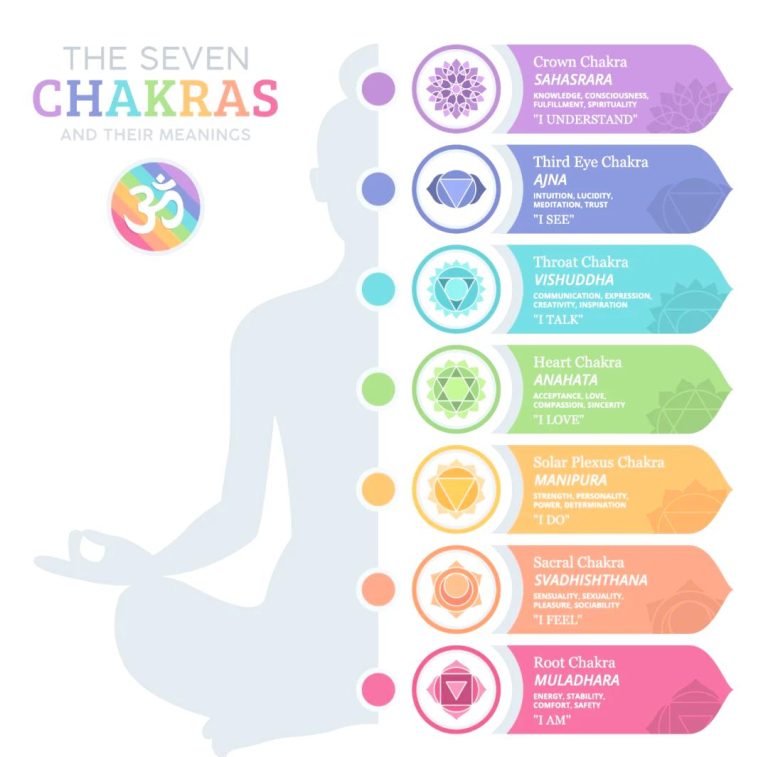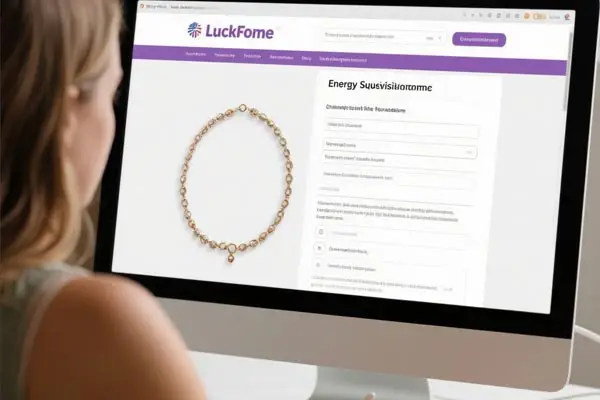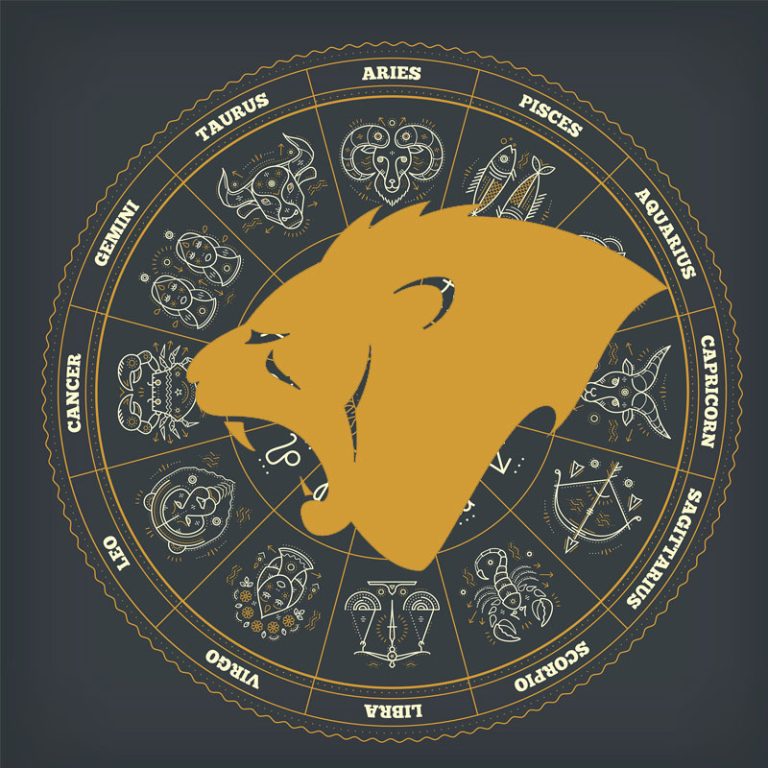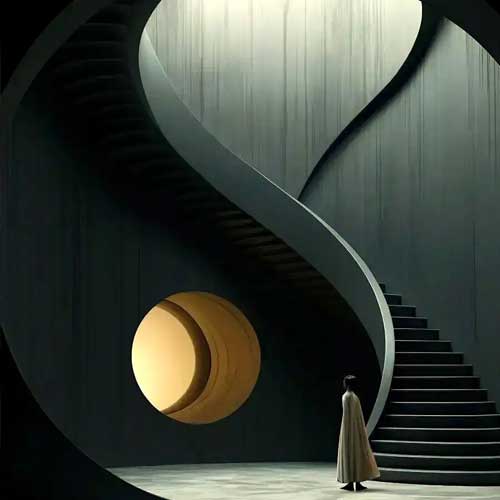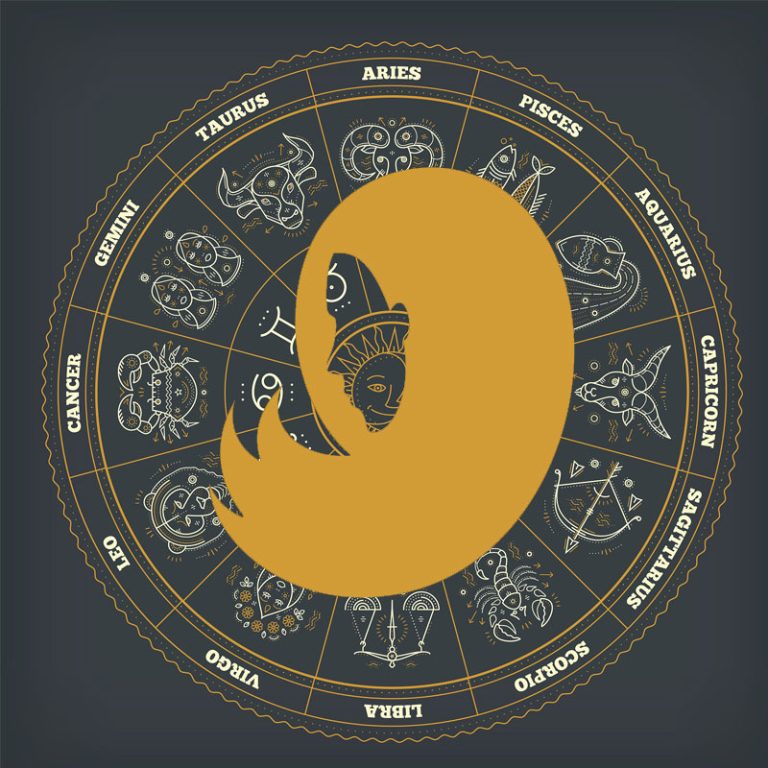The intersection of Eastern philosophy and Western consumer culture is reshaping the US market in unexpected ways. Two seemingly unrelated trends—Feng Shui-inspired fashion and high-tech meditation devices—are converging to create a new wellness aesthetic that speaks to modern anxieties. This cultural alchemy reflects deeper shifts in how Americans are redefining self-care through hybrid traditions.
Fashion’s Feng Shui Revolution
Designers are quietly rewriting the rules of style by embedding ancient Chinese spatial harmony principles into contemporary clothing. The “quiet luxury” movement naturally aligns with Feng Shui’s emphasis on balanced energy flow, seen in asymmetrical cuts that follow the golden ratio and color palettes calibrated to chakra alignment. Major retailers report a 40% increase in searches for “energy-clearing jewelry” since 2023, with crystal-embedded accessories becoming office staples. This isn’t just exoticism—urban professionals increasingly view their wardrobe as wearable mindfulness tools.
The Meditation Tech Boom
Parallel to this sartorial shift, biohacking devices are entering mainstream consciousness. What began as niche neurofeedback gadgets for Silicon Valley elites now fills Christmas lists nationwide. The current generation of meditation headbands goes beyond basic brainwave tracking, offering real-time fashion compatibility scores—imagine your headset glowing red when your outfit’s color scheme clashes with your stressed mental state. This unexpected marriage of style and science creates new product categories like “aesthetic wellness wearables.”
Cultural Cross-Pollination
The synergy manifests in surprising ways:
- Yoga brands release limited-edition leggings with conductive threads that enhance meditation sessions
- Feng Shui consultants partner with smart home companies to create “energy-optimizing” closet systems
- Department stores introduce “vibe dressing” consultations combining color analysis with qi diagnostics
This trend capitalizes on America’s growing comfort with spiritual consumerism—where mindfulness becomes both a lifestyle and a fashion statement. As consumers increasingly seek products that address both outer appearance and inner peace, we’re witnessing the birth of a holistic approach to personal style that transcends traditional market categories. The future may see AI stylists recommending outfits based on both body type and current emotional frequency.


